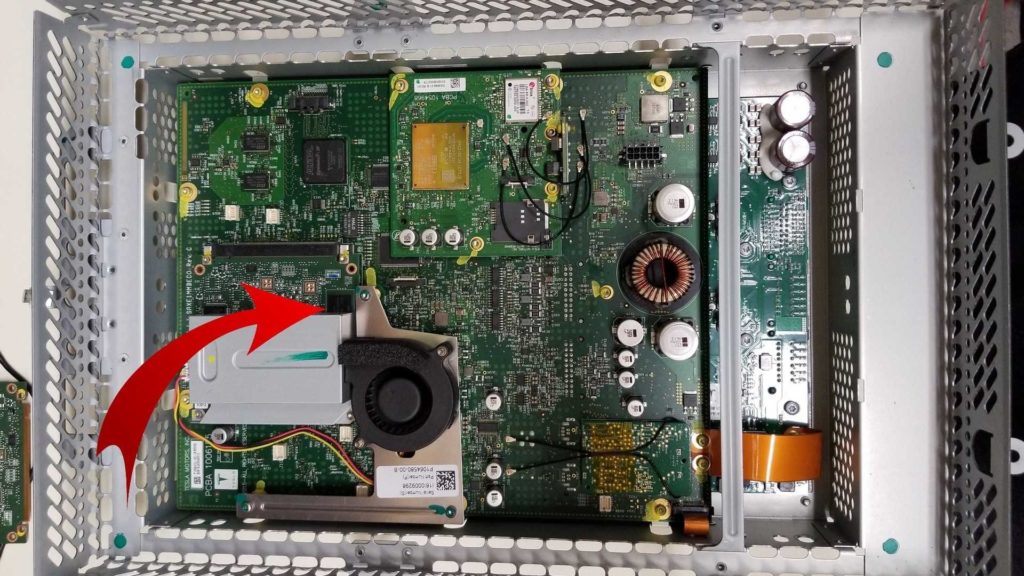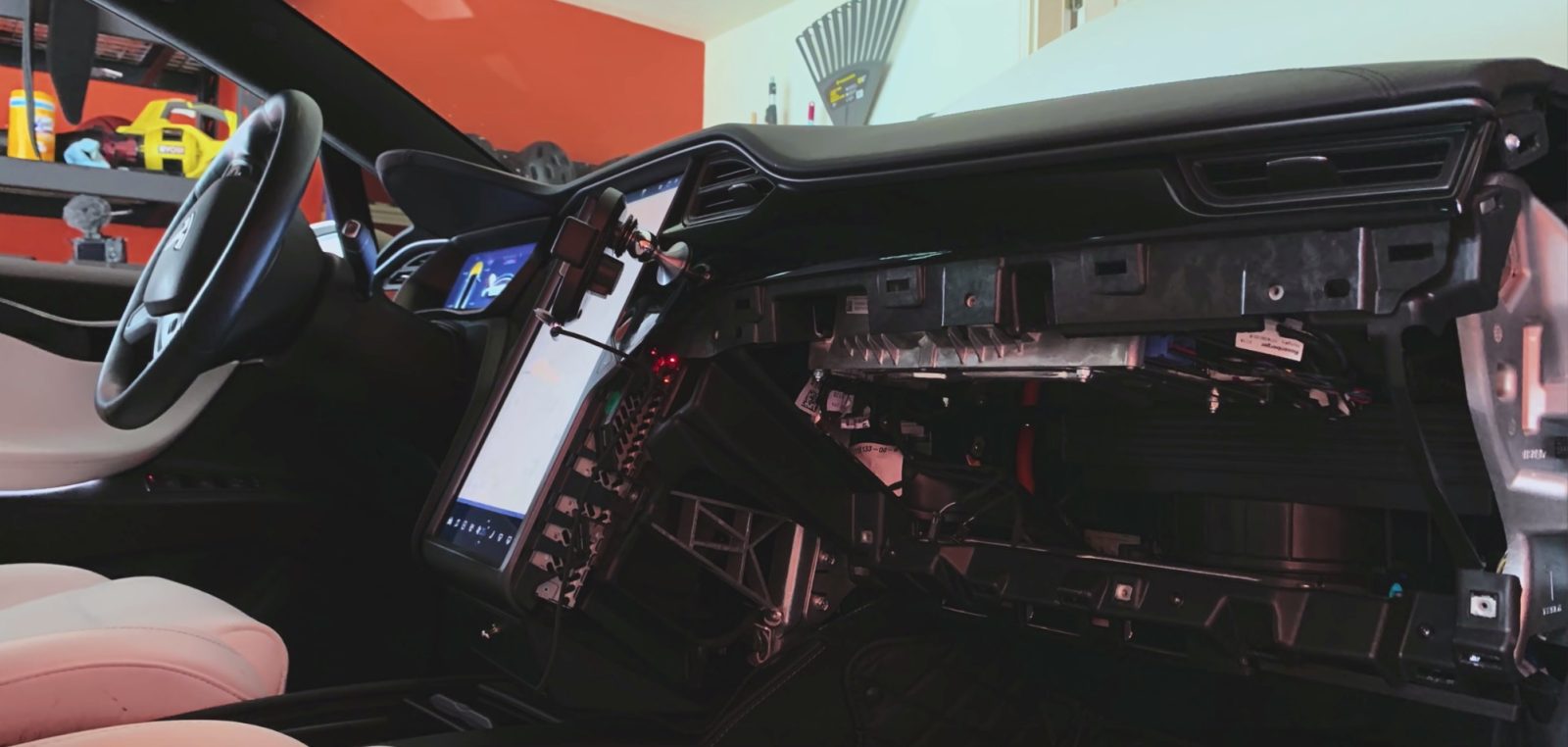Last year, the NHTSA opened a preliminary evaluation on the touch screen failures Tesla customers were experiencing with the MCUv1. Yesterday, Tesla received a letter from the agency requesting that they conduct a recall of all 159,000 units of the Model S and Model X equipped with the infotainment system.
According to the NHTSA’s investigation, the MCUv1 contains “a defect related to motor vehicle safety.” More specifically, “because the eMMC NAND flash devices have a finite lifespan based upon the number of program/erase (P/E) cycles, after which the MCU fails due to memory wear-out.”
According to the Tesla, “vehicles equipped with the NVIDIA Tegra 3 processor with an integrated 8GB eMMC NAND flash memory device, the eMMC NAND cell hardware will fail when reaching lifetime wear.”

The letter doesn’t specify where about this information came however, they do provide an estimation of a “daily cycle usage rate of 1.4 per block” making the limit of 3,000 P/E cycles only take “5-6 years.” However, according to frustrated owners, it happened after just 3 or 4 years of use.
The NHTSA said that “the expected life of a vehicle generally far exceeds 5-6 years of service” adding that “a 5- or 6-year life expectancy for a component integral to providing the driver with safety functions is insufficient” causing the NHTSA to request a recall.
NTHSA said that the defect causes “loss of rearview/backup camera,” “loss of HVAC (defogging and defrosting) setting controls (if the HVAC status was OFF status prior to failure),” and “affects the Autopilot advanced driver assistance system (ADAS) and turn signal functionality due to the possible loss of audible chimes, driver sensing, and alerts associated with these vehicle functions.”
The recall request issued by the NHTSA is however, only that, a request. Tesla is still able to dispute the request by sending a letter with the reasons for the dispute to the NHTSA by January 27.
If you are an owner of one of the effected vehicles you’re probably happy with the news, however, many owners ended up replacing their MCU units on their own, but can still ask for a refund for the defective part.

